In addition to keeping your body fit and healthy as you age, keeping your brain at its peak is just as important. One of the biggest concerns in people as they age is dementia and the impact this can have on their life and that of their loved ones.
So, how can you keep your brain healthy and reduce the risk of dementia? Well there is growing evidence that certain foods and dietary factors can help with dementia risk reduction. ACH Group dietitian, Kaitlyn Dienelt, has recommended some best foods to include and some to avoid to help you reduce the risk of dementia.
Dementia prevention diet
Researchers have now looked at studies and taken the elements that protect the brain to create the MIND diet. This diet is a combination of the Mediterranean diet which targets heart health and DASH, diet which targets high blood pressure.
There is growing evidence to support this for dementia risk reduction and good brain health. So, what does it involve? Well, the MIND diet is relatively easy to follow. It’s all about balance. A change in diet is essential which requires you to include foods that are good for your brain and cut back on foods that are processed or unhealthy. We’ve come up with a list of foods to eat and foods to cut back so it’s easier to follow and make a change in your diet.
Foods to eat to reduce the risk of dementia
Salad and vegetables
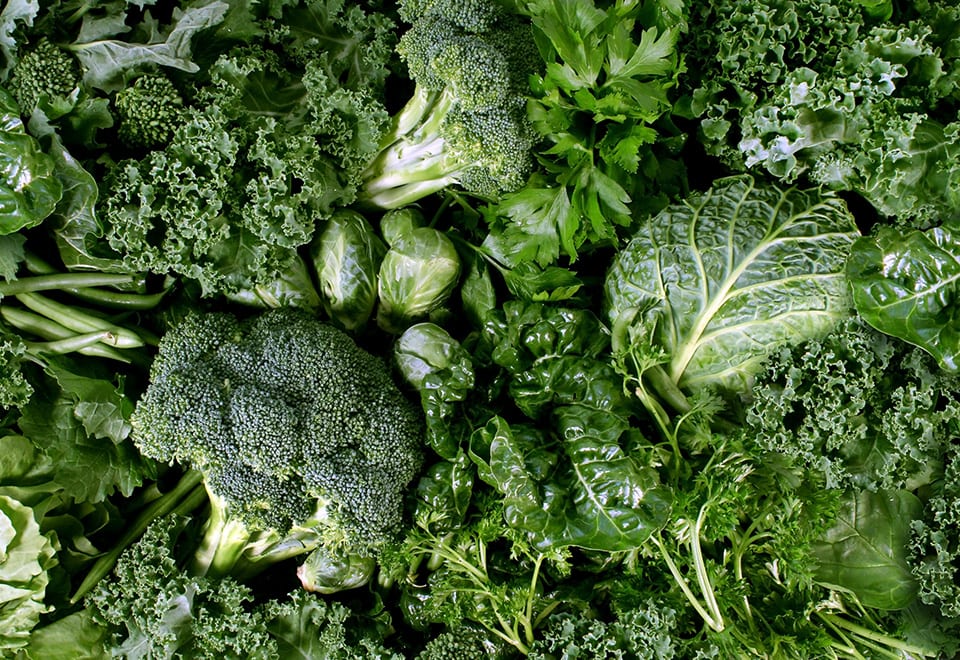
Firstly, pack the salad or veg in every day. The MIND diet recommends green, leafy vegetables and all other vegetables too. Green, leafy veg includes cooked or raw greens, such as baby spinach, broccoli, broccolini or kale. You should aim to eat six or more serves of these per week. Then for all other veg, have these at least once a day. Whether this is some roast carrots and pumpkin at night or a salad for lunch, cooked tomatoes and mushrooms for breakfast or some celery and cucumber as snacks throughout the day, it all counts. Older adults whose diets most closely resembled the MIND diet had brains as sharp as people 7.5yrs younger than them
Fruits, grains and legumes
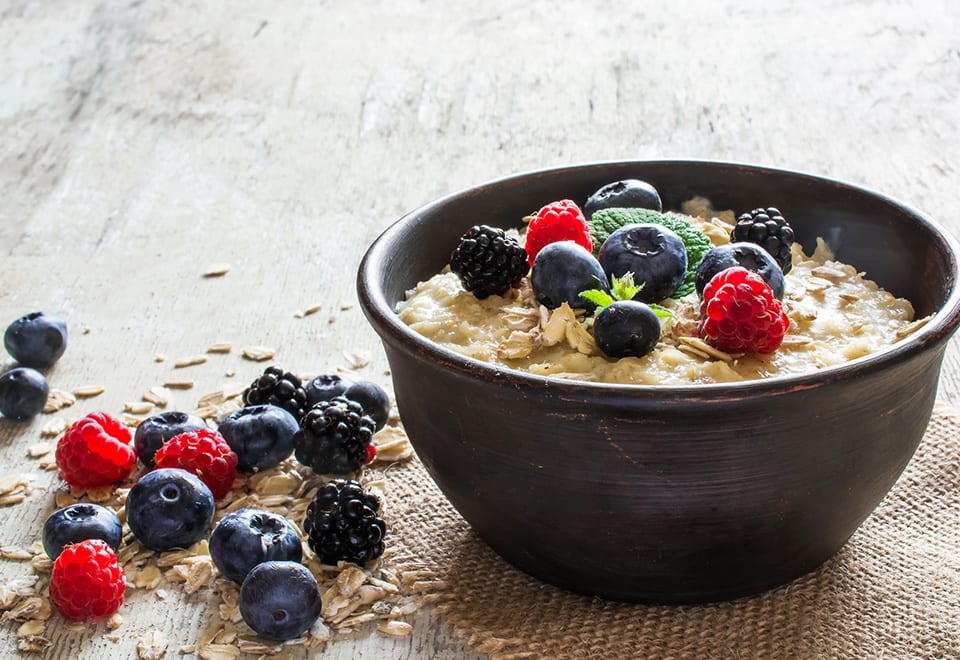
Fruit in general is not on the list, however berries were linked to positive results. These should be included twice a week, whether it be strawberries, raspberries, blueberries or blackberries. Consider some on your cereal, a smoothie during the day or a quick snack. To really pack a punch, combine these with some whole grains that are also on the list. It could be some multigrain bread topped with berries, or a warm bowl of oats in the morning or an adventurous salad that combines the two.
Increasingly common and growing in popularity are dried beans. Great for their sustainability, versatility, cost effectiveness and nutrients, any beans, lentils and soybeans count. With winter settled in, these are easy to add into stews or saucy dishes.
Olive oil

Another easy one is the addition of olive oil. Olive oil is excellent to cook with and a super easy salad dressing, combined with a squeeze of lemon or a splash of balsamic vinegar. Or for something more exciting, make some dukkah to team with bread and olive oil and tick three items from the list.
Lean protein
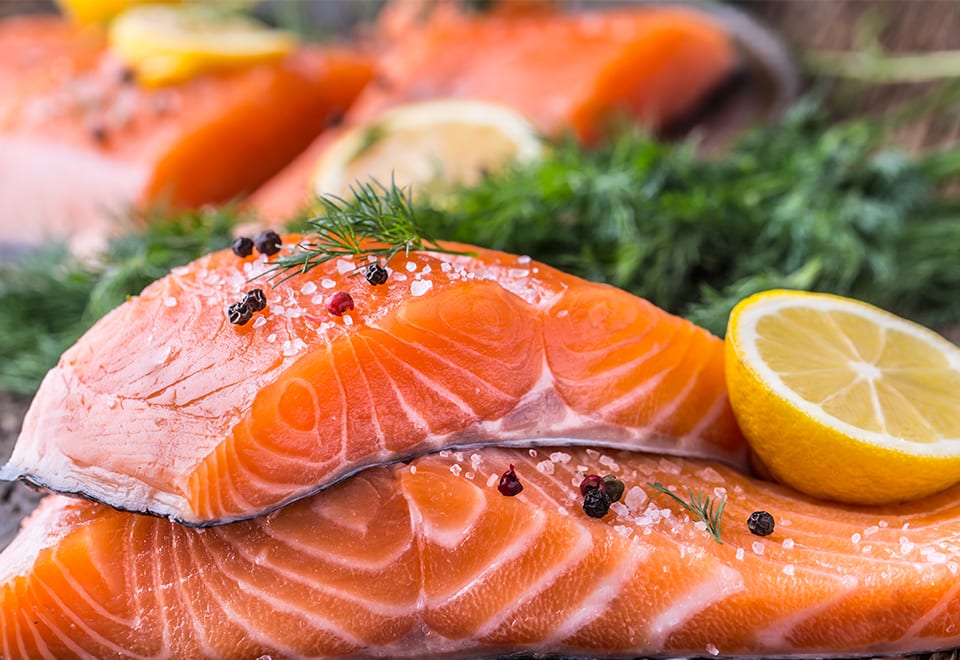
On the flip side of beans, is poultry and fish. Commonly promoted as a lean protein source, poultry like chicken and turkey should be consumed at least twice a week, whereas fish is more than once a week. Oily fish are well known for other benefits, such as anti-inflammatory properties, which are a bonus to the protection of brain health. Choose those high in omega 3, such as tuna, sardines, salmon, mackerel or herring.
Finally, wine rounds out the list with a recommendation of no more than one glass per day. Red wine is the better choice for brain health and dementia risk reduction though.
Foods to cut back to reduce the risk of dementia
Processed foods

To start us off on what to avoid, and this should not come as a surprise, are pastries or sweets and fast food. These foods are typically high in bad fats and most are high in sugar or salt too, none of which is good for your health. So, cut back the pastries and sweets to less than five per week, and reduce fast or fried food to less than once per week. This still leaves room for a treat, but consider it in moderation.
Unhealthy fat
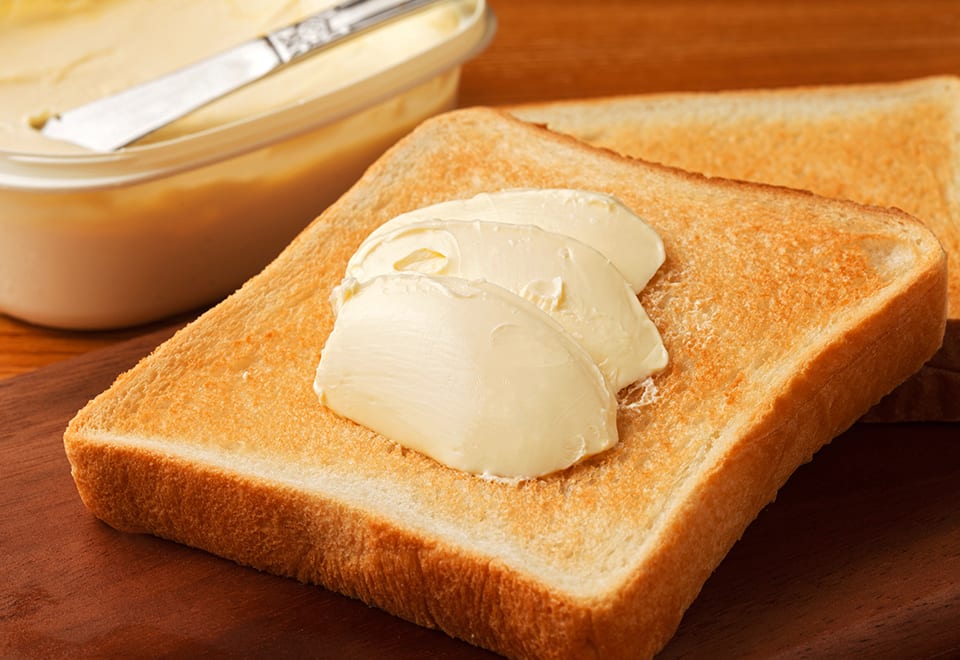
Cut back on the butter and margarine to less than a tablespoon per day, or around 20g. Instead, try using avocado or hummus as a spread, or just apply a thin scrape to your bread or toast. Saturated and trans fats increase the level of bad LDL cholesterol and reduce the level of HDL or good cholesterol. What’s the difference between HDL and LDL? While HDL is considered ‘good’ fats which help your body transport cholesterol to your liver to be rid of from your body away from your arteries, LDL is ‘bad’ fats which takes cholesterol to your arteries which could result in many health symptoms.
Cheese
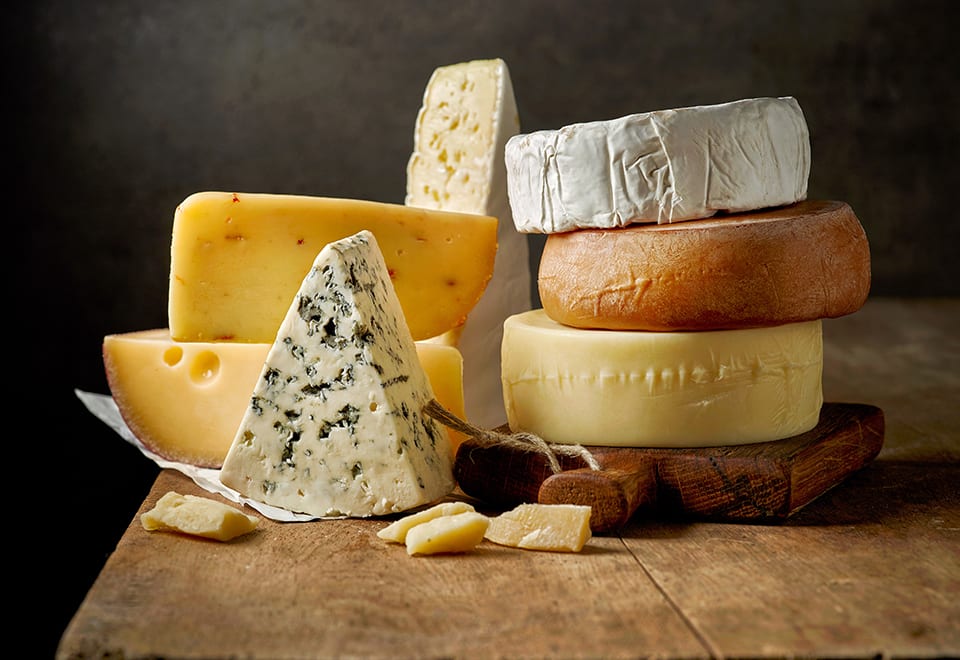
Finally, reduce the amount of cheese to less than a serve each week. This is 40g for hard cheese or 120g for soft cheese. Although cheese is a good source of calcium, it is not great for heart health. Replace it with some yoghurt, sardines, almonds or pink salmon with bones to get your calcium for the day.
Take it one step at a time and see how you go. Keep a food journal to keep track of what you eat in a day. And, if you would like to talk further about healthy eating for the brain and how your diet could assist in reducing your dementia risk, seek advice from ACH Group accredited Dietitian.
Want a more holistic approach to brain health? Check out our Brain Health Advisory Service. This service can support you with tips for staying healthy and reducing your dementia risk as well as planning for the future.



